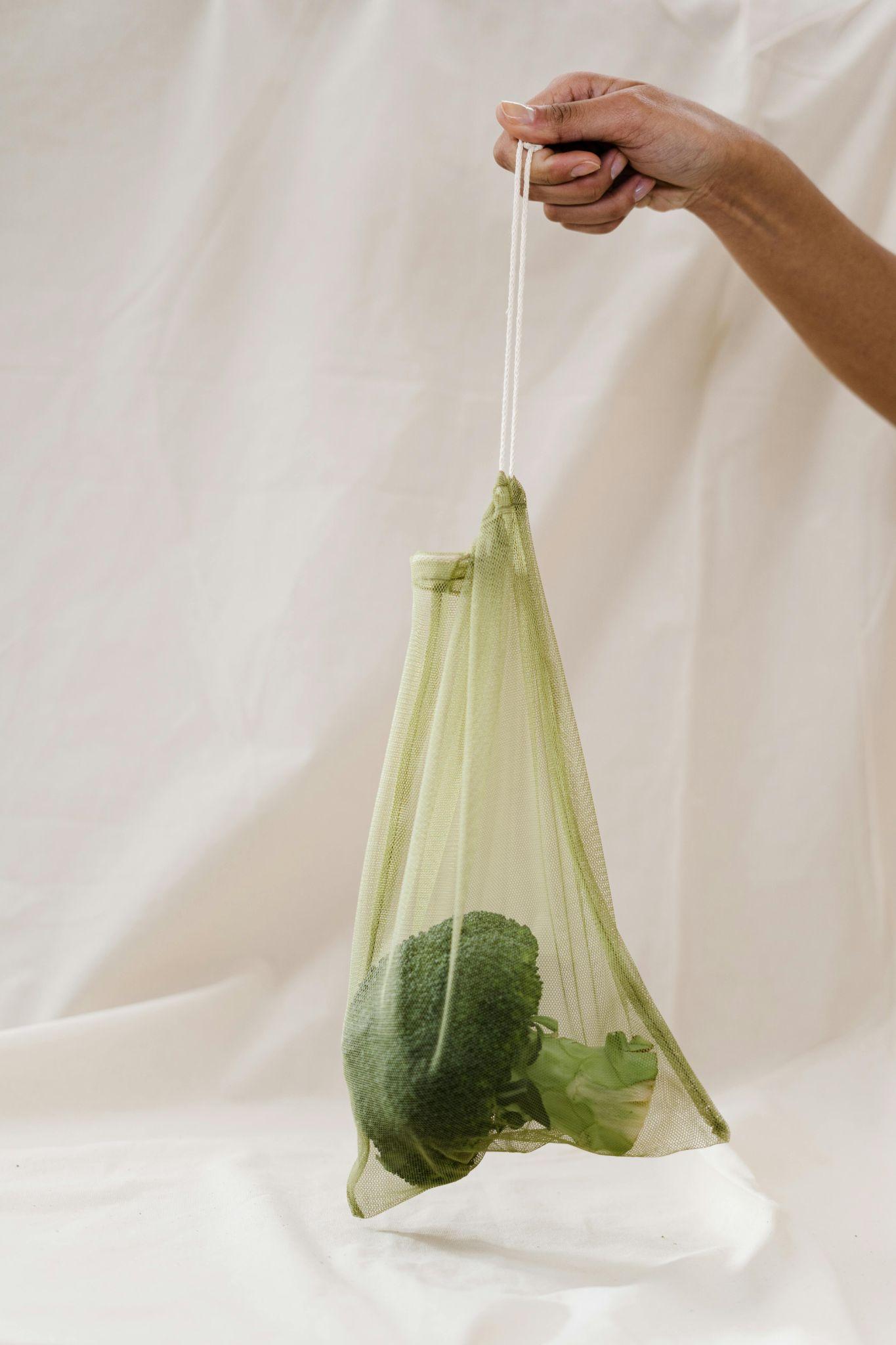For products to be truly sustainable, the materials must be natural and responsibly sourced. If you’re planning to sell apparel, starting with 100% organic cotton is essential. Organic cotton benefits both producers and the ecosystem, relying on co-planting and insect traps instead of harmful pesticides and fertilisers.
Sustainability isn’t just about the materials in your products; it’s also about the processes behind production and shipping. If your products include additional eco-friendly elements, be sure to highlight these in your product descriptions. Customers seeking sustainable options value these details. After all, there’s little point in offering a paper-wrapped soy wax candle if it’s shipped in a box filled with bubble wrap.
Recycled materials might seem like an obvious choice for a sustainable product offering, but it’s important to watch out for greenwashing. For instance, clothing made from recycled plastic isn’t truly sustainable if it ultimately ends up in landfill.
Designing waste out of the process
In retail, sustainability starts with reducing waste. Shockingly, 40% of clothing produced is never used, only 1% is recycled into new garments, and 40 tonnes—the equivalent of a truckload—are burned or buried every second.With statistics like these, guessing what customers might want and bulk ordering in advance can be a risky strategy. Not only could it leave you with unsold stock, but it also creates financial risks and the logistical headache of figuring out where to store it all.
You may have noticed that many of our suggestions emphasise print-on-demand production. That’s because it addresses many of the challenges faced by Shopify store owners. With print-on-demand, the items in your store aren’t printed until just after a customer places an order.
With print-on-demand, you can:
- Offer new designs directly to customers without needing to order stock in advance.
- Respond quickly to customer trends.
- Avoid holding stock, as everything is managed directly between the factory and the customer.
- Ensure nothing is produced unless the customer has already ordered and paid for it.
Print-on-demand not only reduces waste and limits financial risk but also gives you greater creative freedom to develop your brand. It allows you to stay highly responsive to customer trends, design unique styles for your store, and build brand loyalty.
Choosing Your Products
Building your niche around eco-conscious, sustainable products is a smart move. It taps into a growing market, boosts your search visibility, and enhances customer engagement through planet-friendly practices that everyone can support.
The future of retail lies in sustainability, and your Shopify store has the potential to lead the way. By embracing eco-friendly practices, responsibly sourced materials, and waste-free production models like print-on-demand, you can position your brand as both innovative and conscientious.
Don’t just sell products—sell a story your customers will want to be a part of. Highlight how your store contributes to reducing waste, supports sustainable production, and aligns with the values of an eco-conscious consumer base.
Now is the time to take action. Explore sustainable product options like natural skincare, pet toys made from renewable resources, or indoor plants that promote well-being. Implement print-on-demand to reduce waste and stay agile in responding to customer trends.Your path to a thriving, sustainable business starts here. Make the change, inspire your customers, and watch your Shopify store grow into a brand that’s loved by both people and the planet. Take your first step toward building a greener future today!


